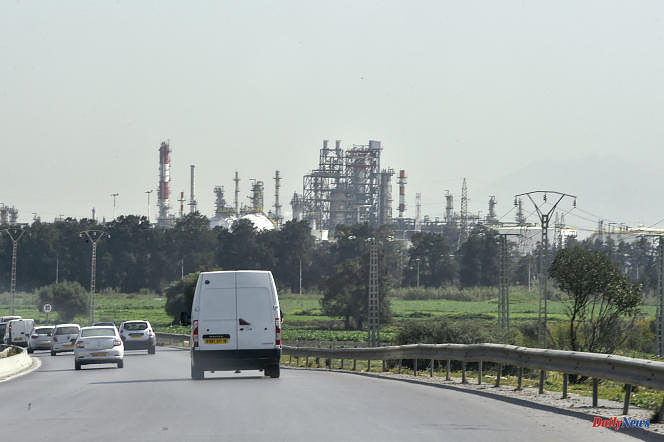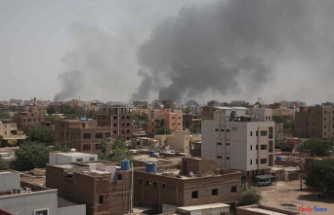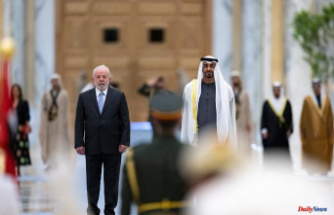Iraq, Algeria, Saudi Arabia, the United Arab Emirates, Oman and Kuwait announced on Sunday April 2 a reduction in their oil production from May, the Gulf oil giants citing a "precautionary measure aimed at stabilizing the market. This cut, which will last until the end of the year, means a total drop in production of around 1 million barrels per day (bpd), the largest reduction since October.
Riyadh will cut production by 500,000 bpd, Iraq by 211,000, the Emirates by 144,000, Kuwait by 128,000, Algeria by 48,000 and Oman by 40,000, the countries said via their news agencies respective officials. These cuts will take place “in coordination with certain OPEC [Organization of Petroleum Exporting Countries] and non-OPEC member countries,” according to the Algerian energy ministry.
Added to this was the announcement by Russia's Deputy Prime Minister for Energy, Alexander Novak, that Moscow would continue to cut its crude oil production by 500,000 bpd until the end of the year. OPEC member Russia referred to a period of "uncertainty" in the black gold market, citing "responsible and preventive action."
These announcements come on the eve of a videoconference meeting of the Joint Ministerial Monitoring Committee (JMMC), an OPEC panel. In February, JMMC members had "reaffirmed their commitment" to the agreement reached in October, which committed them to a drastic production cut of 2 million bpd to support prices. This was then the largest reduction since the start of the Covid-19 pandemic.
A snub for Washington
This new drop in production, which comes on top of that decided in October, comes despite calls from the United States to increase the number of bpd, while China, the most oil-intensive country, reopens its economy after s to be withdrawn during the Covid-19 pandemic. “As the global economy picks up, so does consumption. And that's why we would like to see supply match demand," Jose Fernandez, US Undersecretary of State for Economic Affairs, said in March on the sidelines of a conference on the energy in Houston, Texas. The announcement of a cut in production in October was seen as a snub by Washington, which feared a surge in fuel prices against a backdrop of high inflation.
This time, according to a senior official in the Saudi energy ministry, quoted by the SPA agency on Sunday, it is a "precautionary measure aimed at supporting the stability of the oil market". Emirati Energy Minister Souhail bin Mohammed al-Mazrouei spoke of "a voluntary initiative", according to the official WAM news agency. The same terms were more or less taken up by the Algerian energy ministry, which indicated that the drop was a "voluntary reduction" and a "preventive measure", according to the APS agency.
OPEC, established in 1960 and headquartered in Vienna since 1965, aims to "coordinate the oil policies" of its members to ensure "fair and stable prices for producers". It forms OPEC by including new allies, including Russia and Oman.












